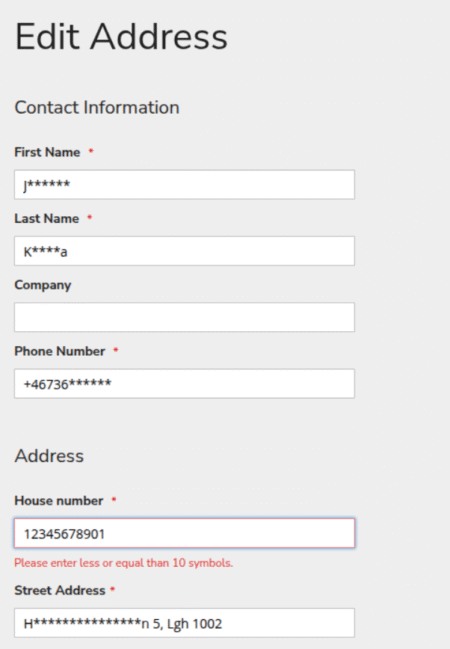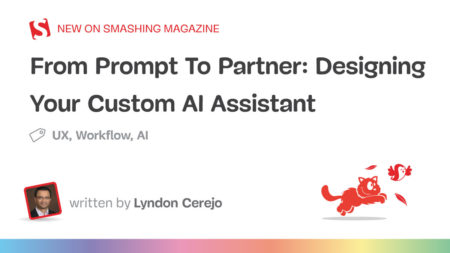HoundDog.ai today announced the general availability of its expanded privacy-by-design static code scanner, now purpose-built to address privacy risks in AI applications. Addressing the growing concerns around data leaks in AI workflows, the new release enables security and privacy teams to enforce guardrails on the types of sensitive data embedded in large language model (LLM) prompts or exposed in high-risk AI data sinks, such as logs and temporary files, all before any code is pushed to production and privacy violations occur.
HoundDog.ai is a privacy-focused static code scanner designed to identify unintentional mistakes by developers or AI-generated code that could expose sensitive data such as personally identifiable information (PII), protected health information (PHI), cardholder data (CHD) and authentication tokens across risky mediums like logs, files, local storage and third-party integrations.
Since its launch from stealth in May 2024, HoundDog.ai has been adopted by a growing number of Fortune 1000 organizations across finance, healthcare and technology. It has scanned more than 20,000 code repositories for its customers, from the first line of code using IDE extensions for VS Code, JetBrains and Eclipse to pre-merge checks in CI pipelines. The platform has prevented hundreds of critical PHI and PII leaks, saved thousands of engineering hours per month by eliminating reactive and time-consuming data loss prevention (DLP) remediation workflows, ultimately saving millions of dollars.
What’s New: Built for AI Privacy
The updated HoundDog.ai platform addresses growing concerns around data leaks in AI workflows, enabling engineering and privacy teams to “shift privacy left” by embedding detection, enforcement and audit-ready reporting directly into the development process.
“With the explosion of AI integrations in application development, we’re seeing sensitive data passed through LLM prompts, SDKs and open source frameworks without visibility or enforcement,” said Amjad Afanah, CEO and co-founder of HoundDog.ai. “We have expanded our platform to meet this new challenge head-on by giving teams a way to proactively control privacy in AI applications without slowing down innovation. This shift left approach redefines how organizations detect and prevent sensitive data exposures in the age of LLMs, continuous deployment and increasing regulatory pressure.”
New Capabilities for AI Privacy Enforcement
Traditional AI security tools typically operate at runtime, often missing embedded AI integrations, shadow usage and organization-specific sensitive data. Without code-level visibility, understanding how that data entered an AI model or prompt is nearly impossible.
The expanded HoundDog.ai privacy-focused code scanner for AI applications addresses these limitations by:
-
Discovering AI integrations – Automatically detecting all AI usage as part of your AI governance efforts, including shadow AI, across both direct integrations (such as OpenAI and Anthropic) and indirect ones (including LangChain, SDKs, and libraries).
-
Tracing sensitive data flows across layers of transformation and file boundaries – tracking over 150 sensitive data types, including PII, PHI, CHD, and authentication tokens, down to risky sinks such as LLM prompts, prompt logs and temporary files.
-
Blocking unapproved data types – Applying allowlists to enforce which data types are permitted in LLM prompts and other risky data sinks, and automatically blocking unsafe changes in pull requests to maintain compliance with Data Processing Agreements.
-
Generating audit-ready reports – Creating evidence-based data maps that show where sensitive data is collected, processed and shared, including through AI models. Producing audit-ready Records of Processing Activities (RoPA) and Privacy Impact Assessments (PIAs), prepopulated with detected data flows and privacy risks aligned with GDPR, CCPA, HIPAA, the SCF and other regulatory frameworks.
Real-World Impact
PioneerDev.ai, a software development firm specializing in AI and SaaS web applications, deployed HoundDog.ai to secure an AI-powered healthcare enrollment platform. Using HoundDog.ai, the PioneerDev.ai team was able to automatically detect privacy violations across both direct and indirect AI integrations, including LLM prompts, logs and other high-risk areas. By configuring allowlists that reflected their privacy policies, PioneerDev.ai was able to prevent unsafe data sharing before deployment. The HoundDog.ai platform also automated the generation of Privacy Impact Assessments, complete with mapped data flows and flagged risks.
“IDC research finds that protecting sensitive data processed by AI systems is the top security concern when building AI capabilities into applications. In many cases, these models are being integrated into codebases without the knowledge or approval of security and privacy teams — a practice often referred to as “shadow AI.” Such undisclosed integrations can expose sensitive information, including personal data, to large language models and other AI services,” said Katie Norton, Research Manager, DevSecOps and Software Supply Chain Security at IDC. “Detecting these connections and understanding the data they access before code reaches production is becoming a priority, with proactive data minimization emerging as an important complement to traditional runtime detection and response.”
“Our clients trust us to protect their most sensitive data, and with the growing use of LLM integrations in the custom applications we develop, the risk of that data being exposed through prompts or logs became a serious concern,” said Stephen Cefali, CEO of PioneerDev.ai. “A single leak could undermine compliance, damage trust and trigger costly remediation. HoundDog.ai gave us the visibility and control we needed to proactively prevent these risks and uphold our privacy commitments from the start.”
The post HoundDog.ai Launches Industry’s First Privacy-by-Design Code Scanner for AI Applications appeared first on SD Times.
Source: Read MoreÂ

